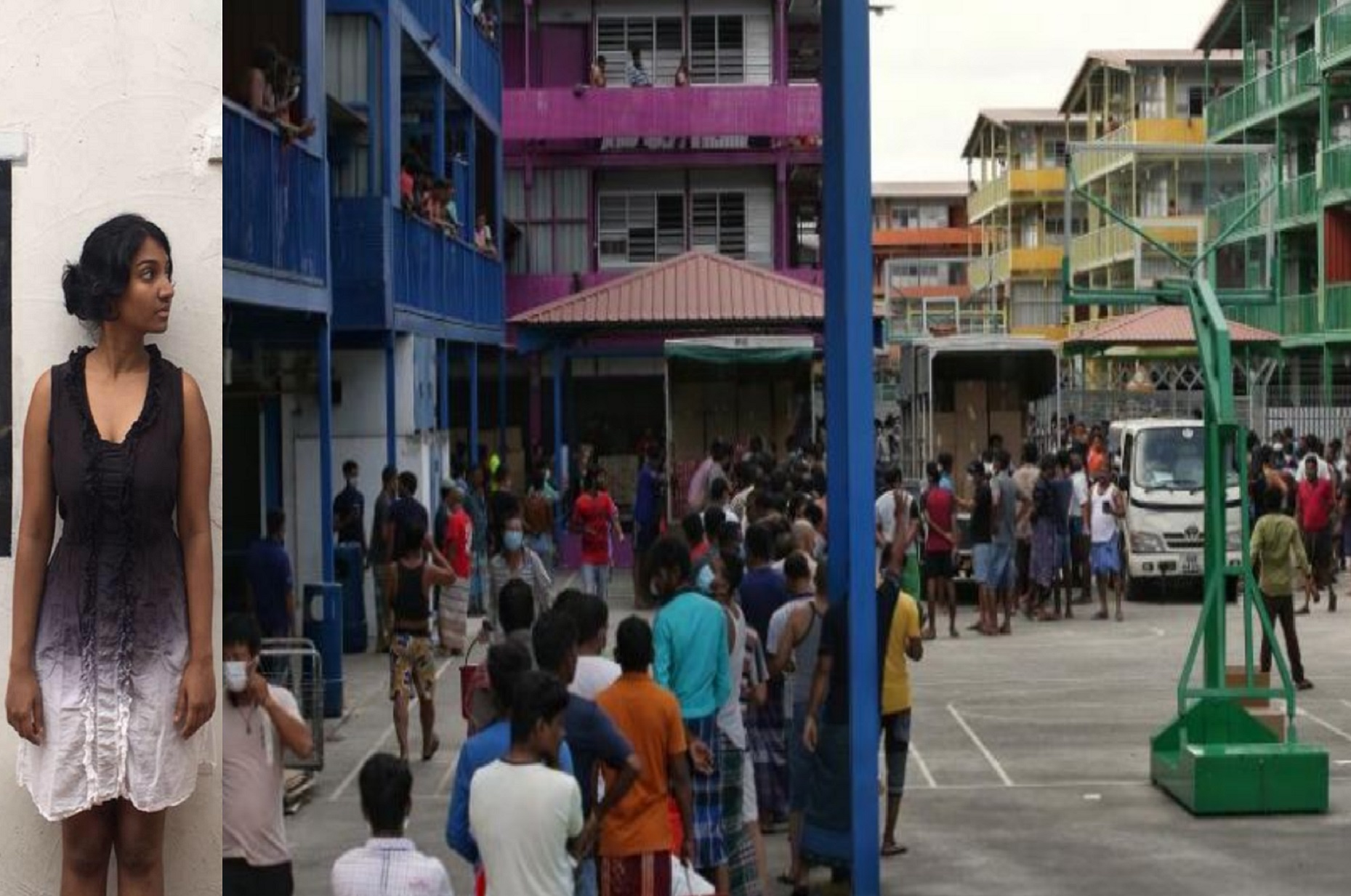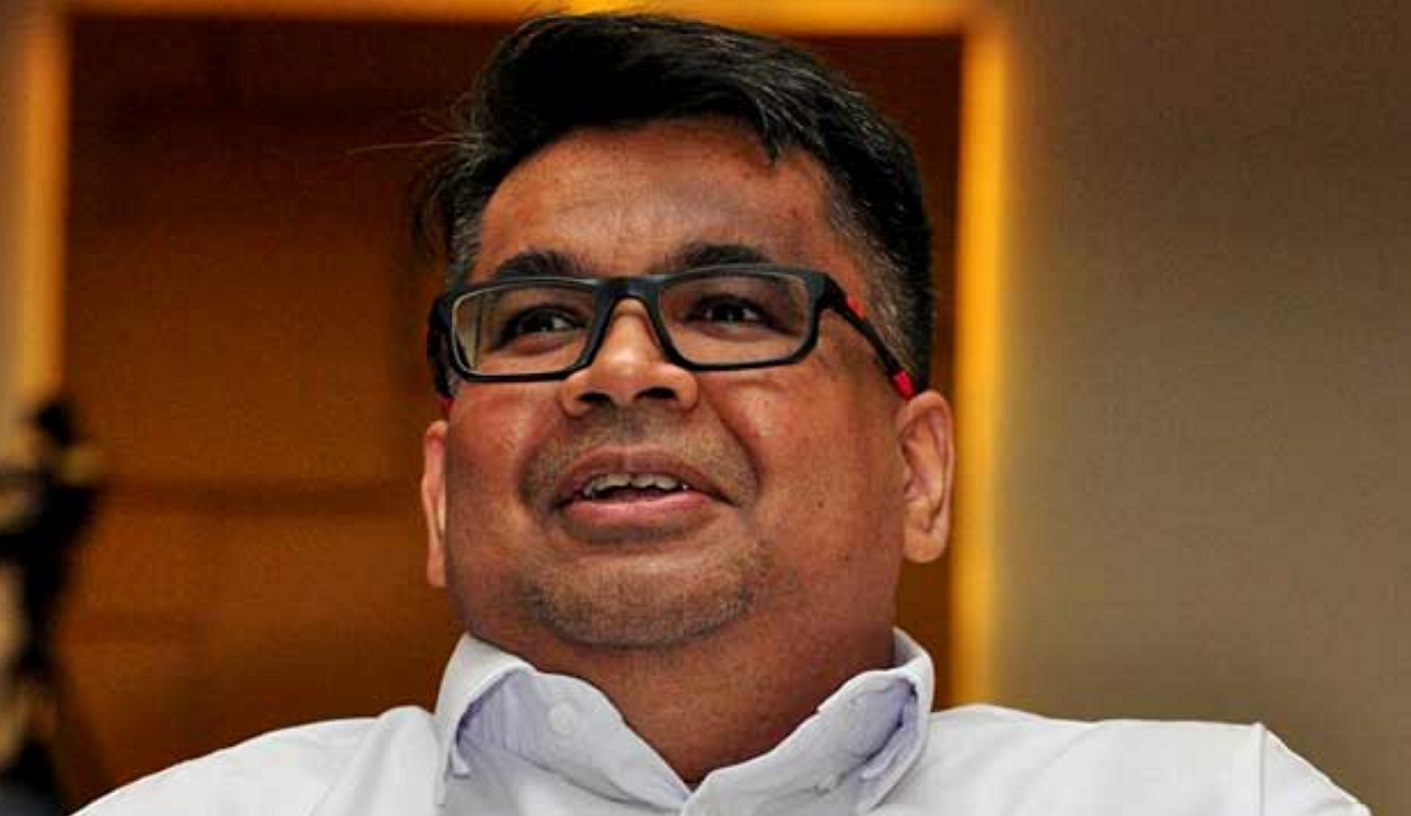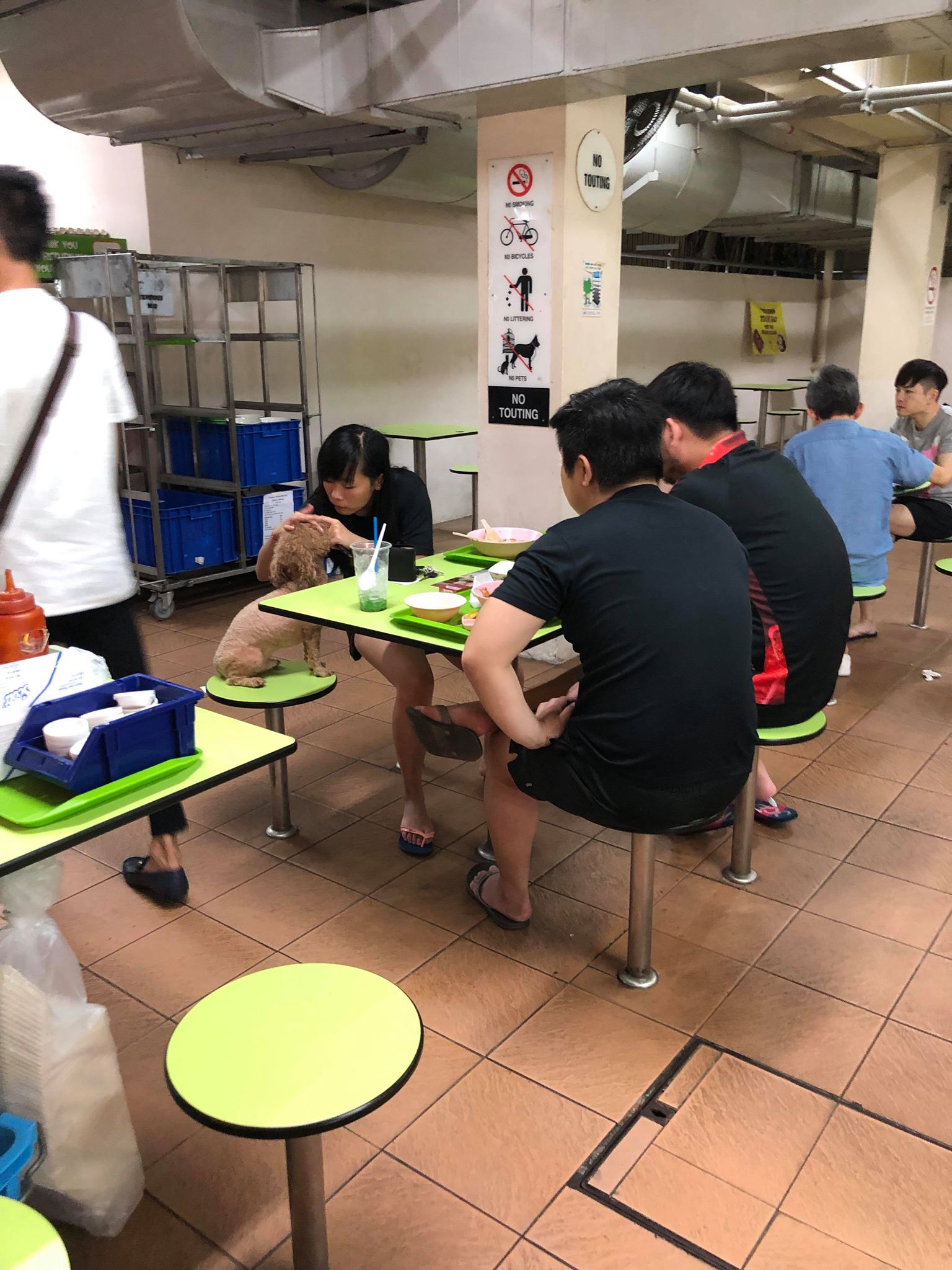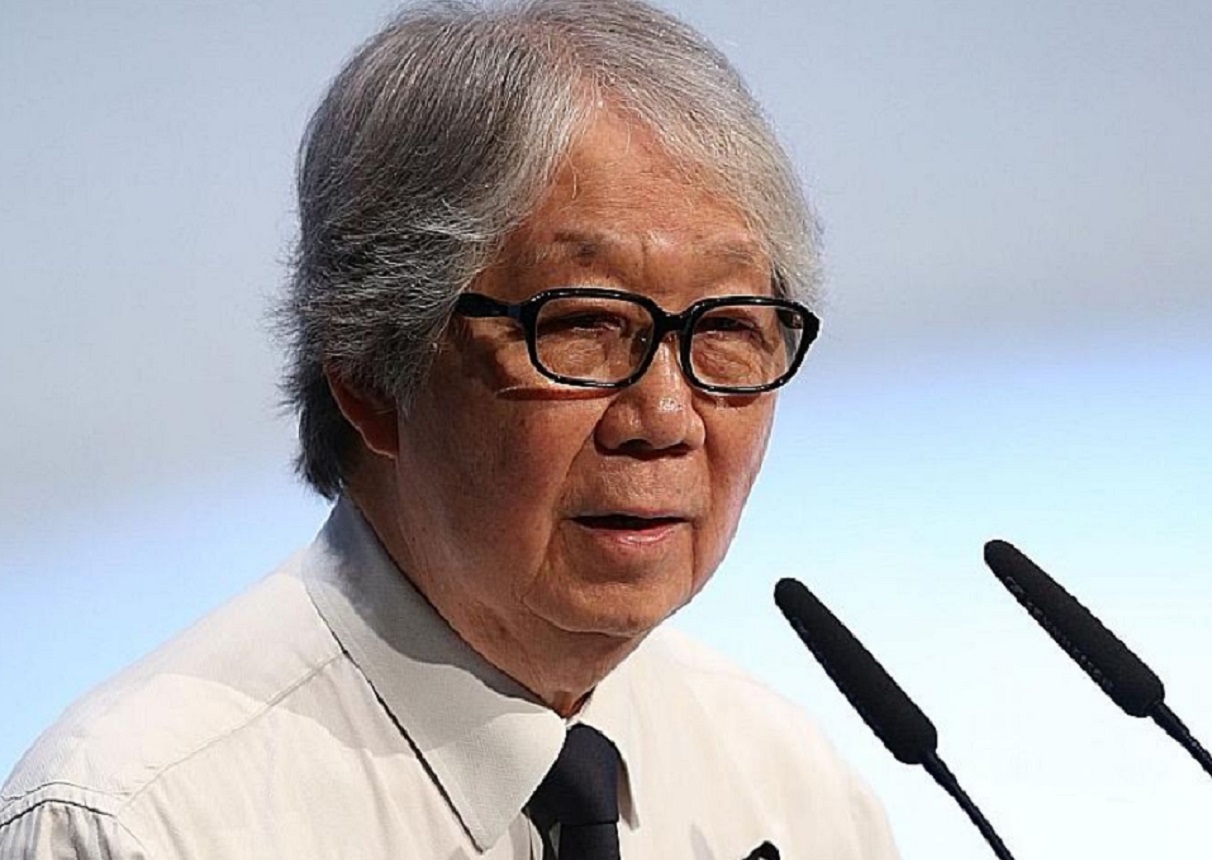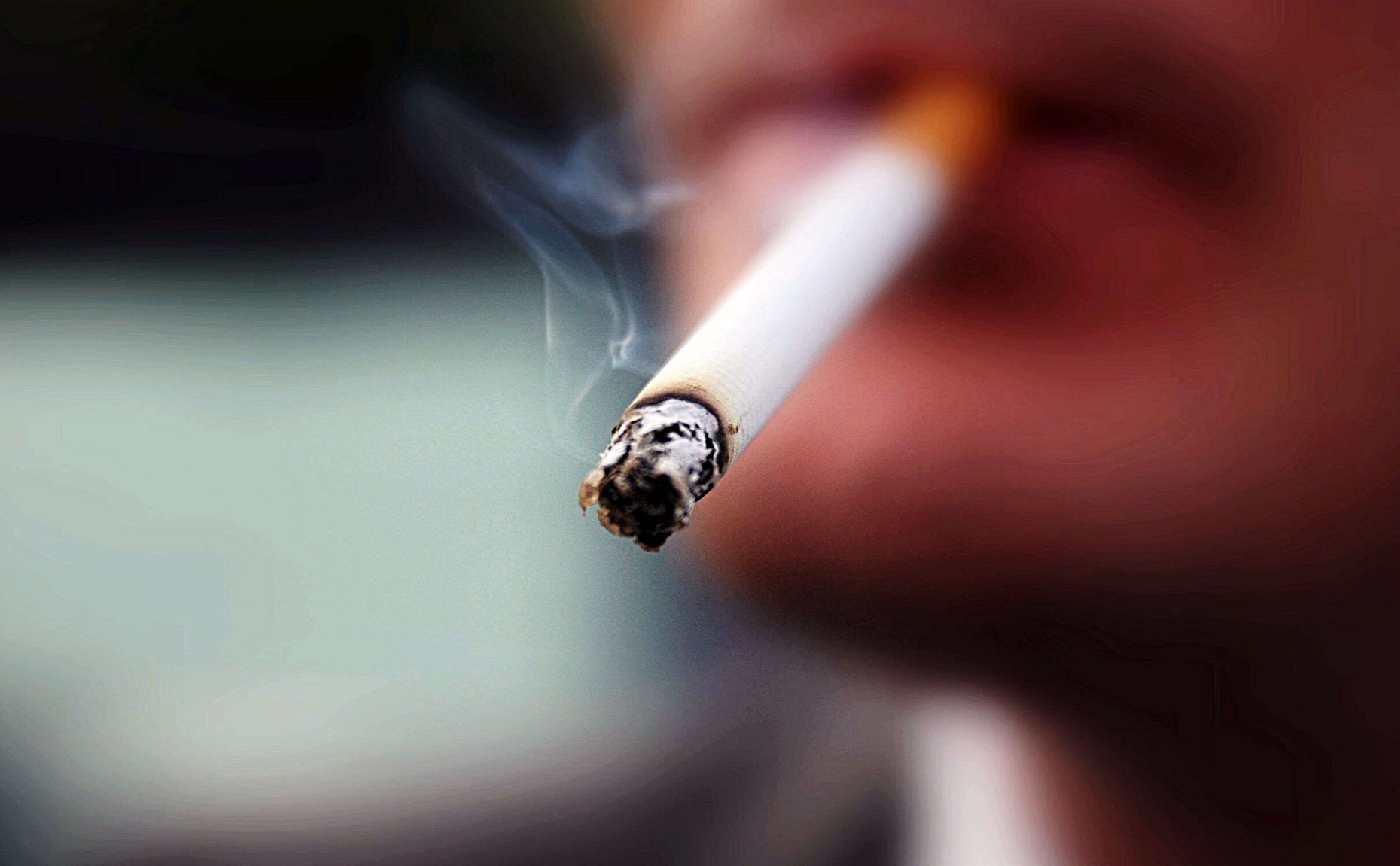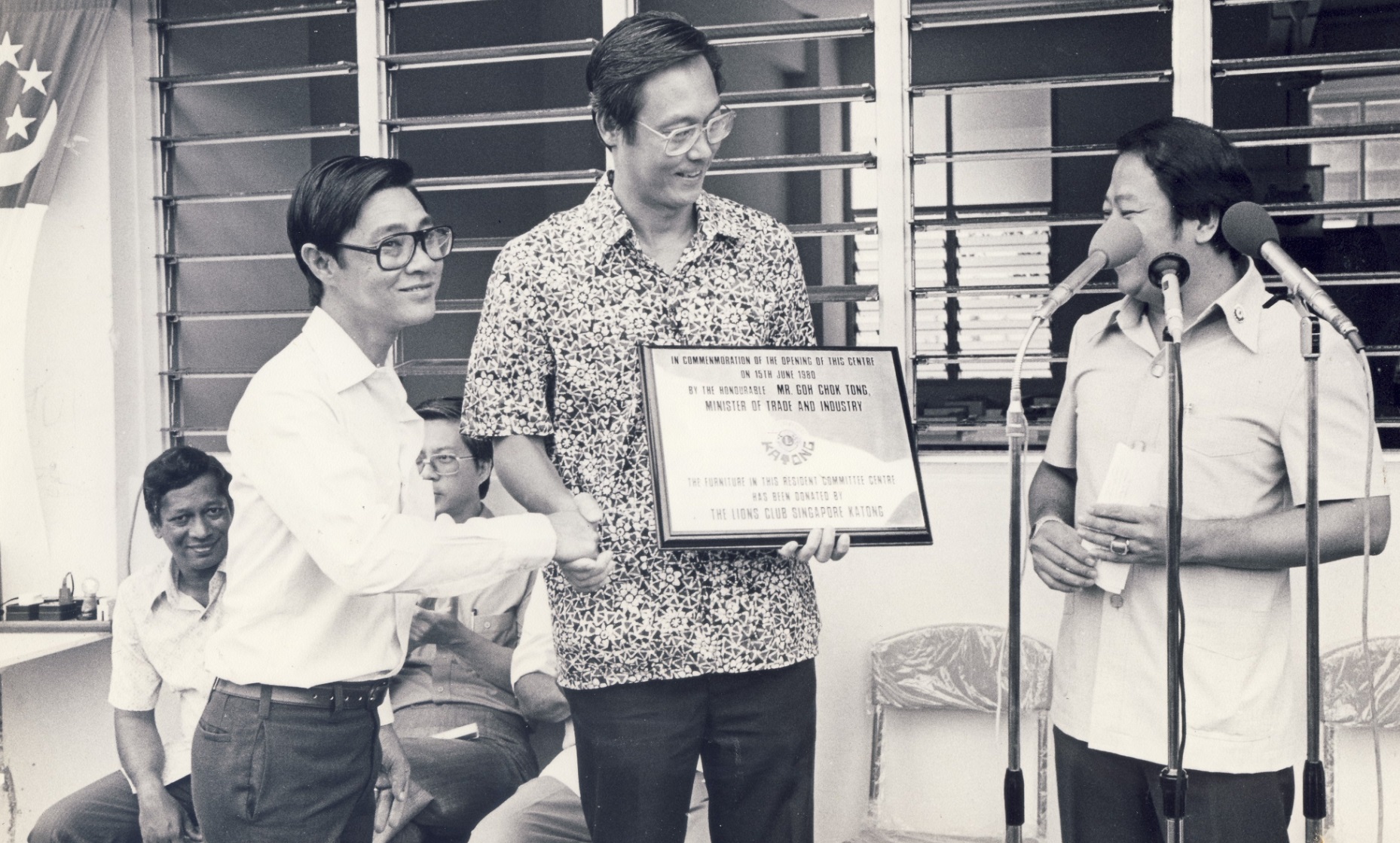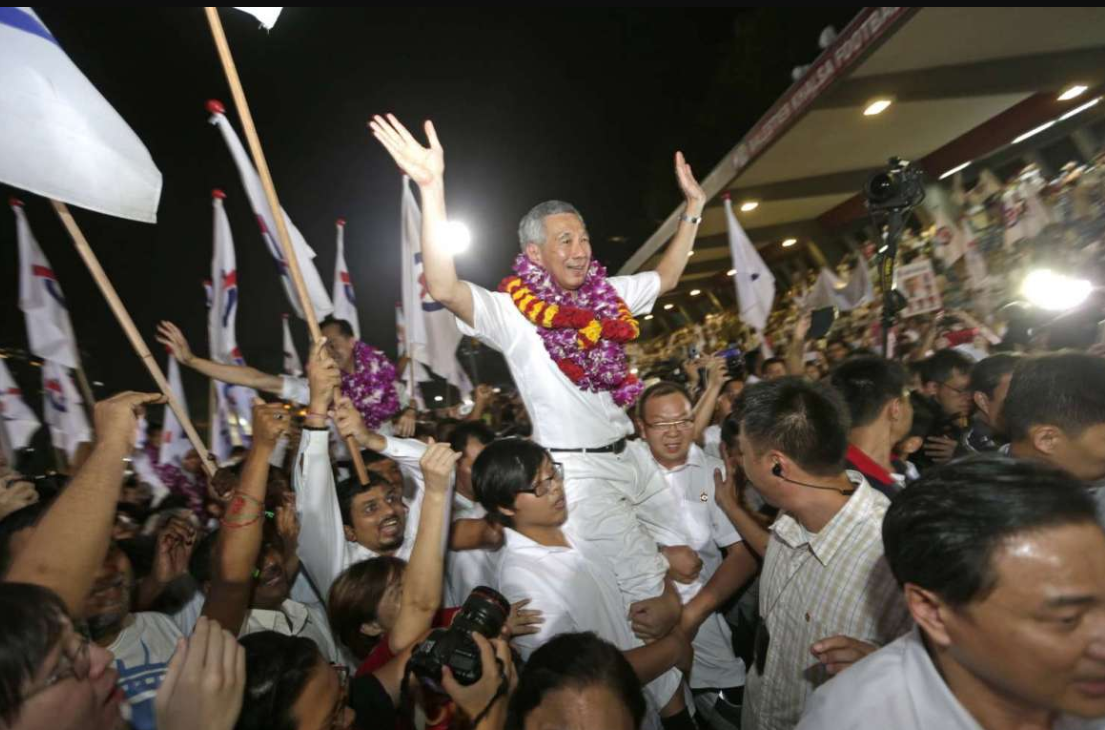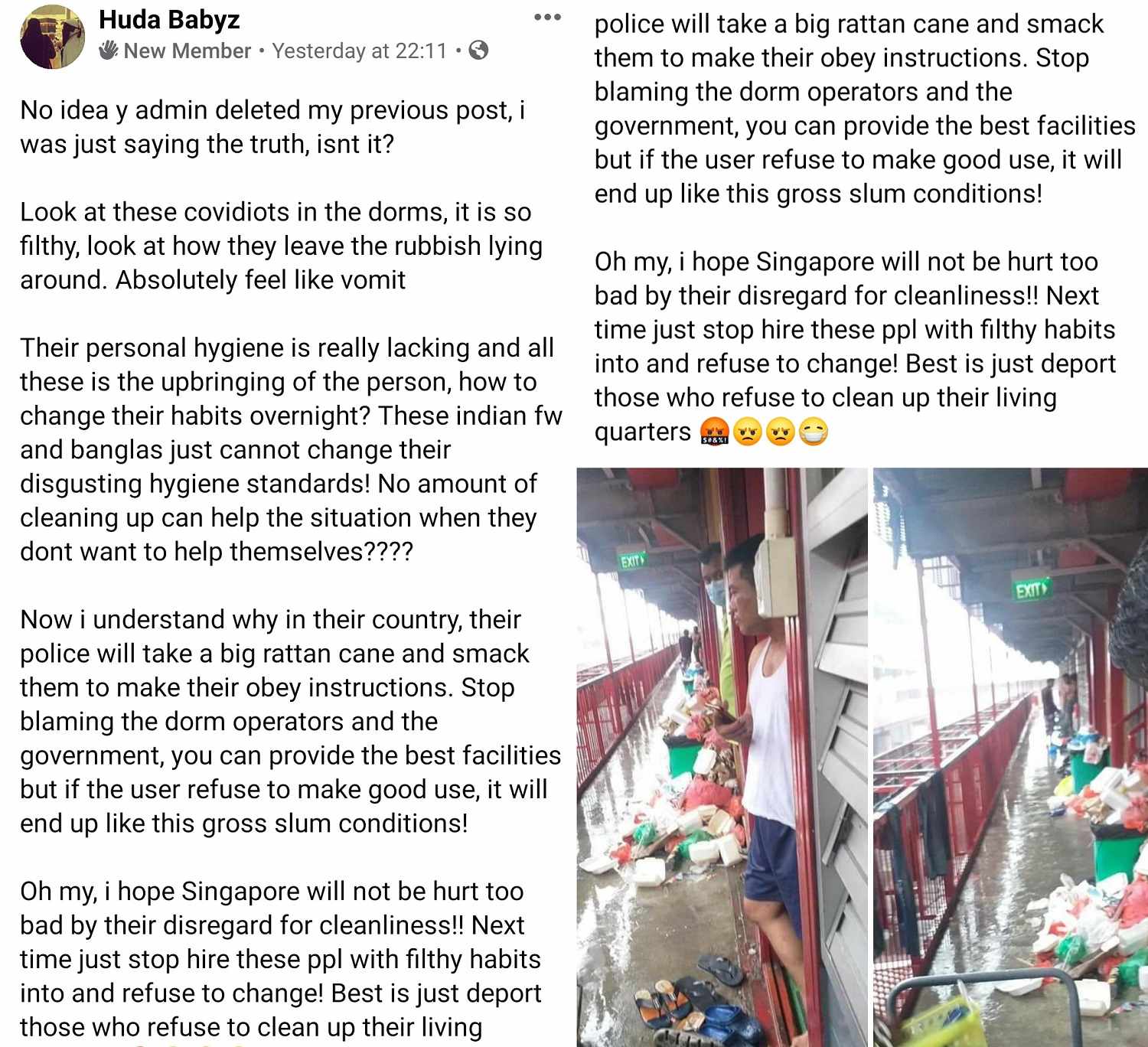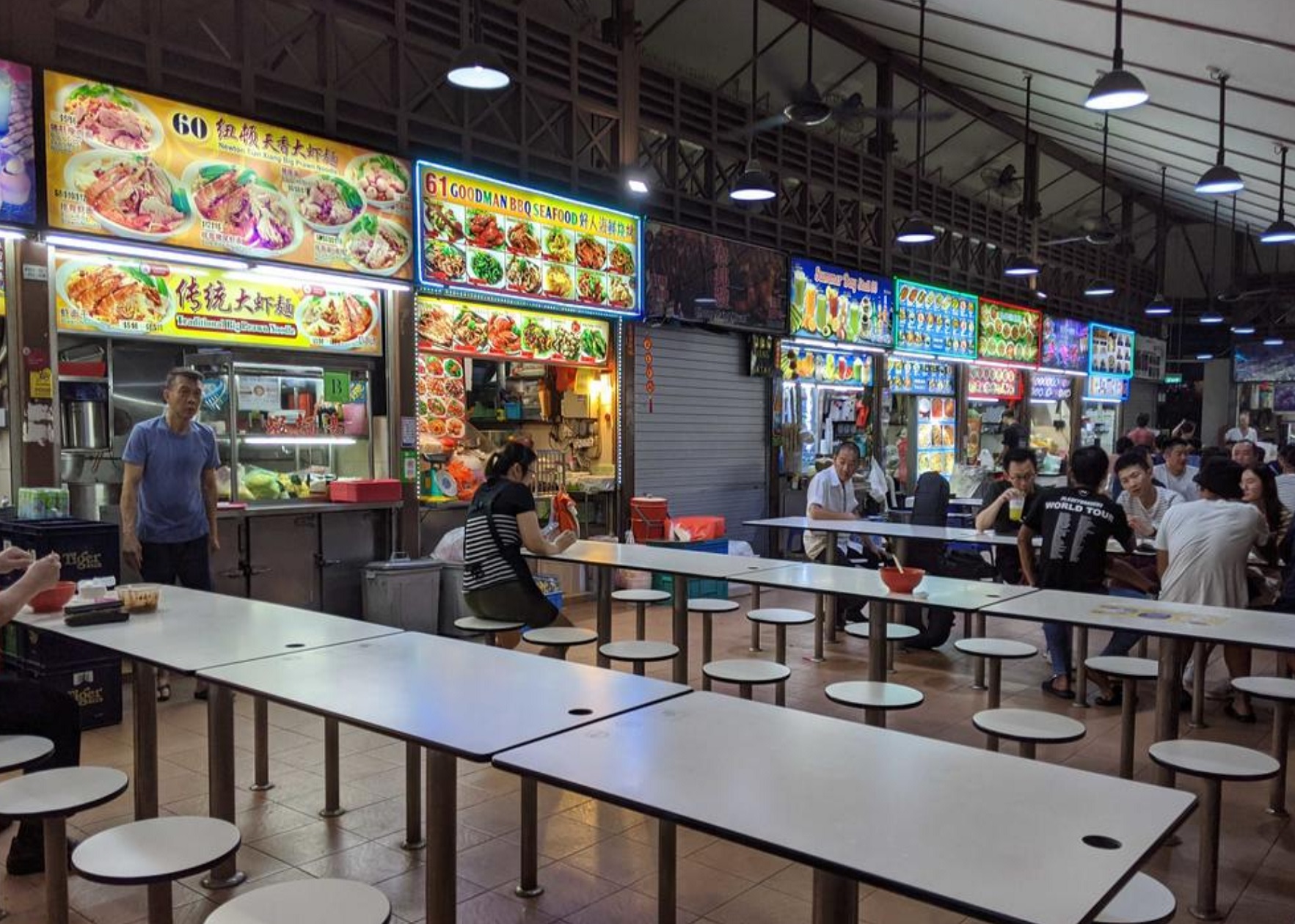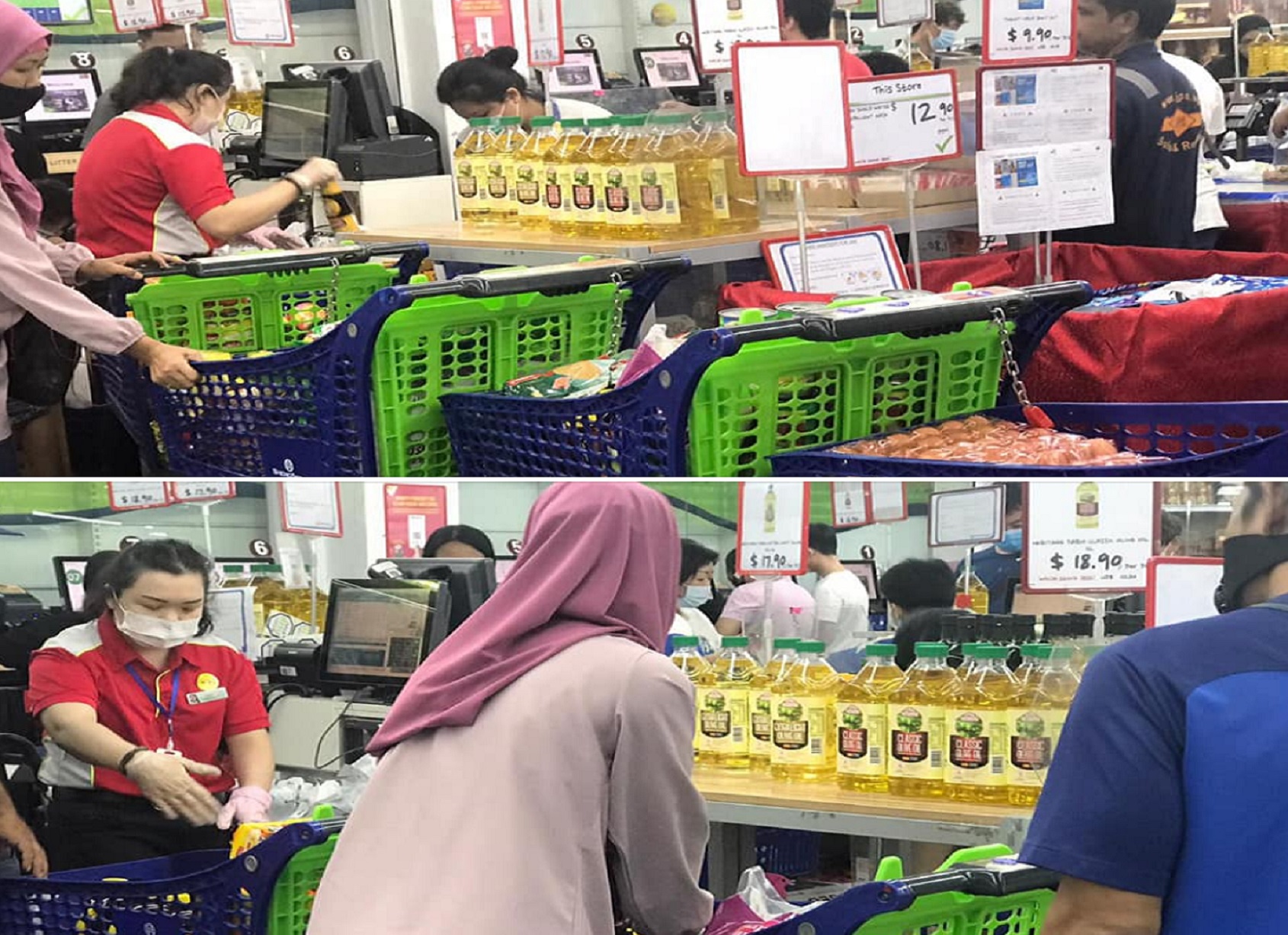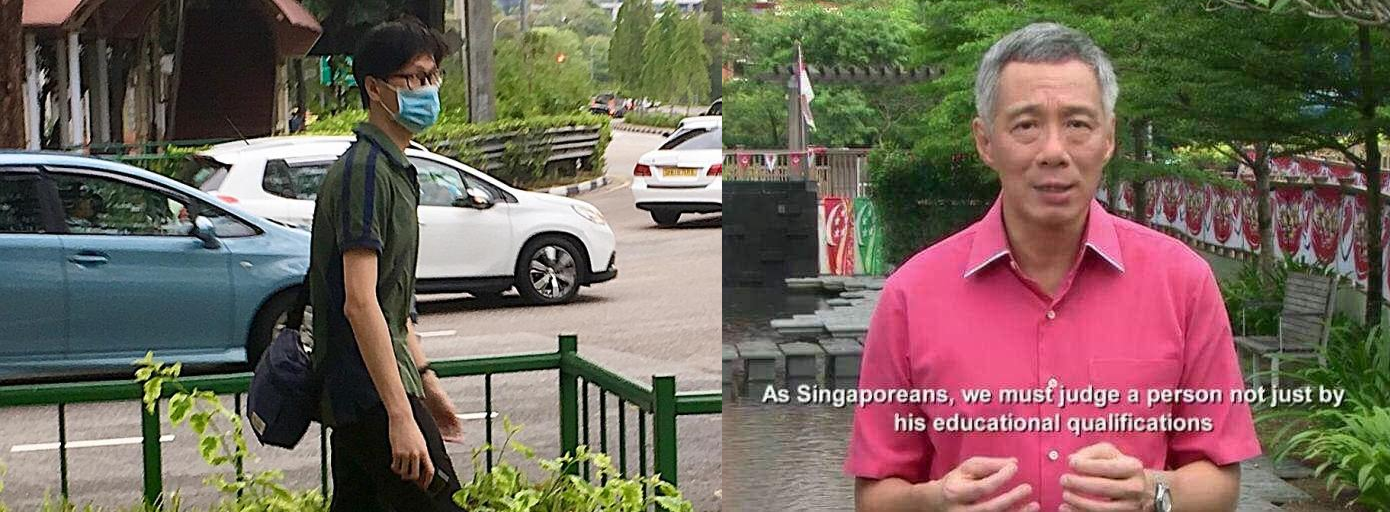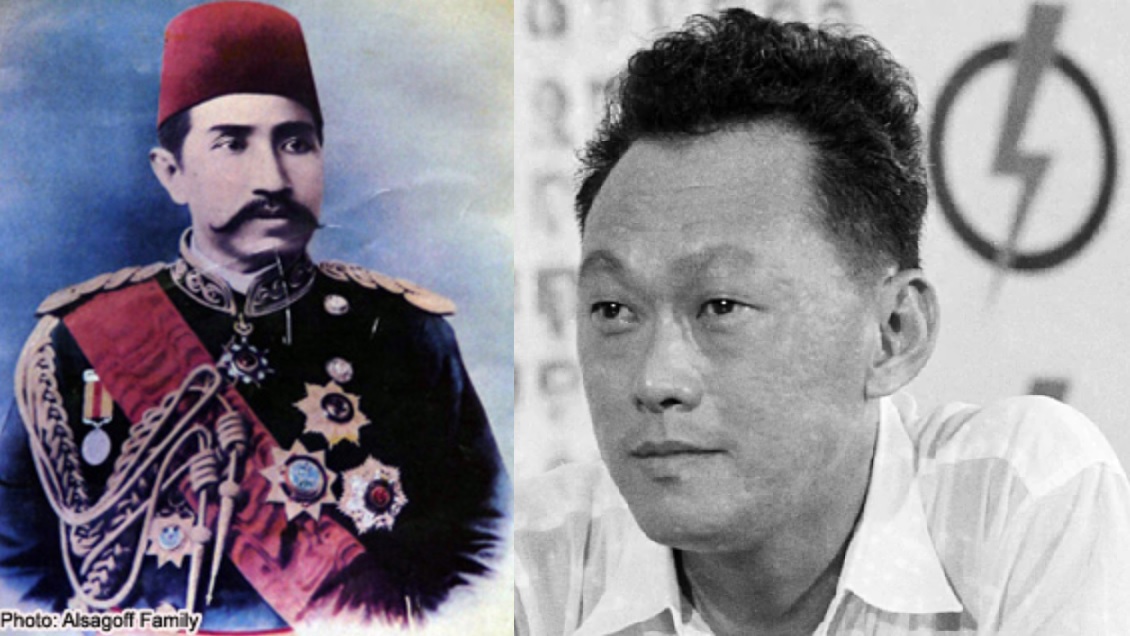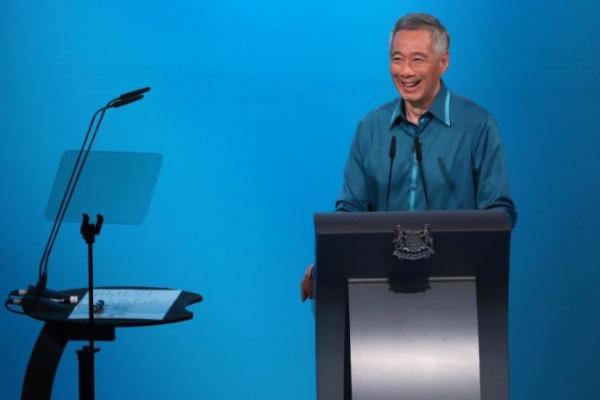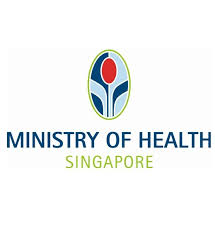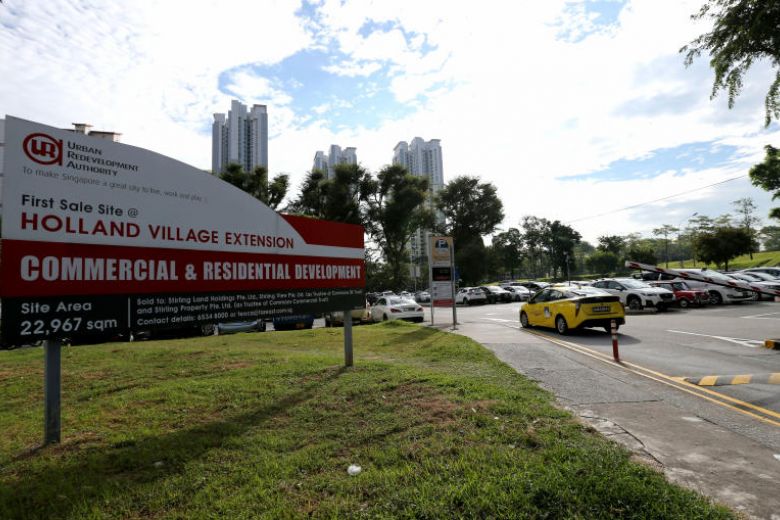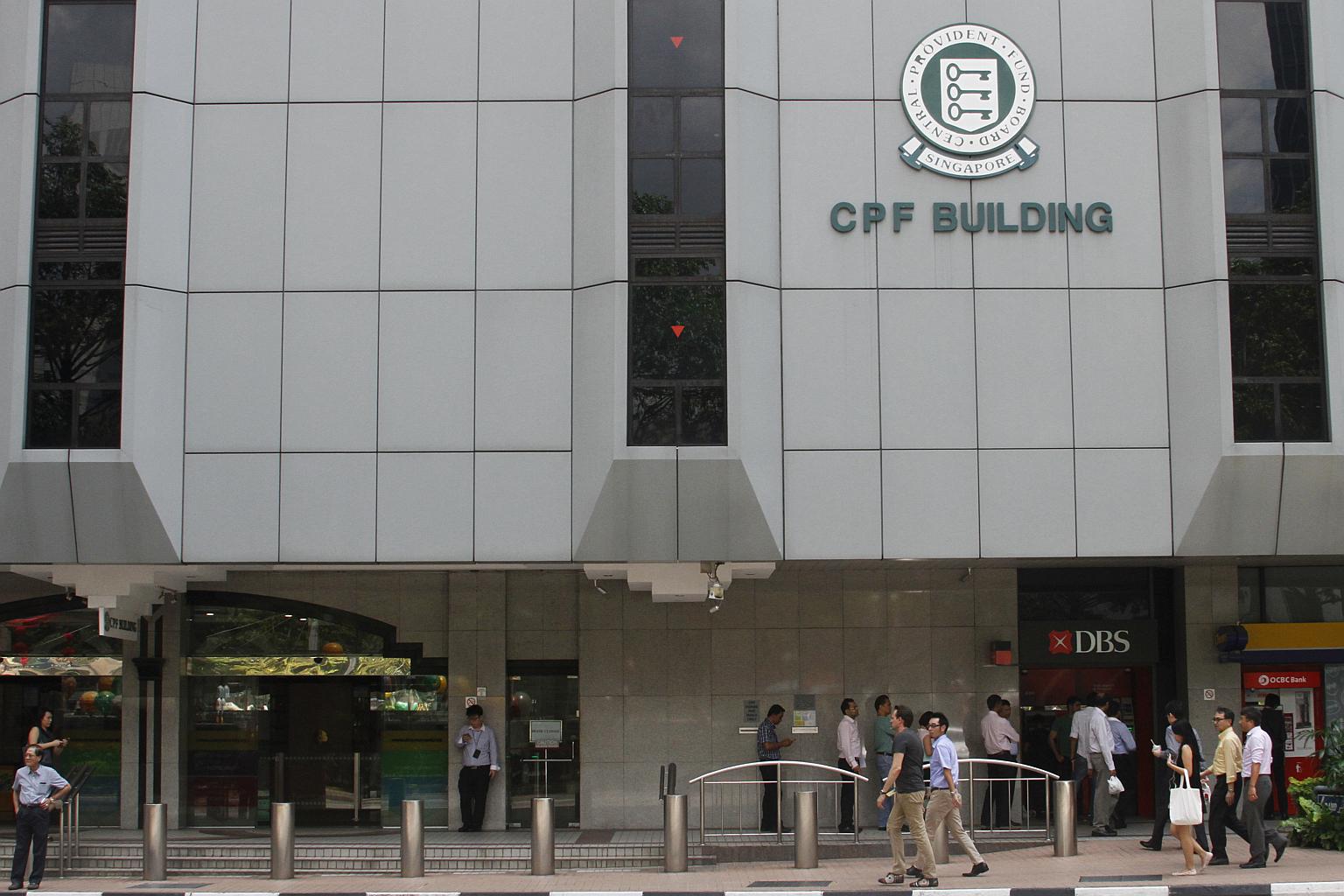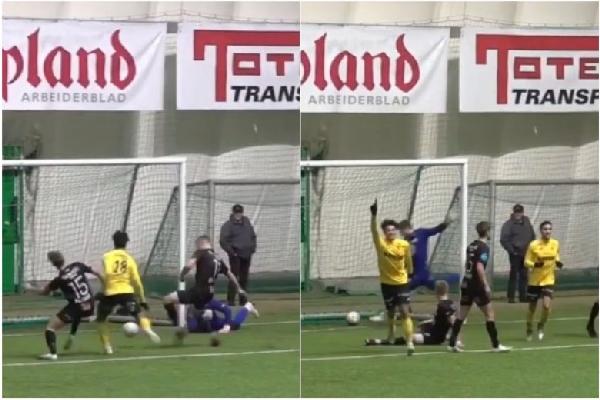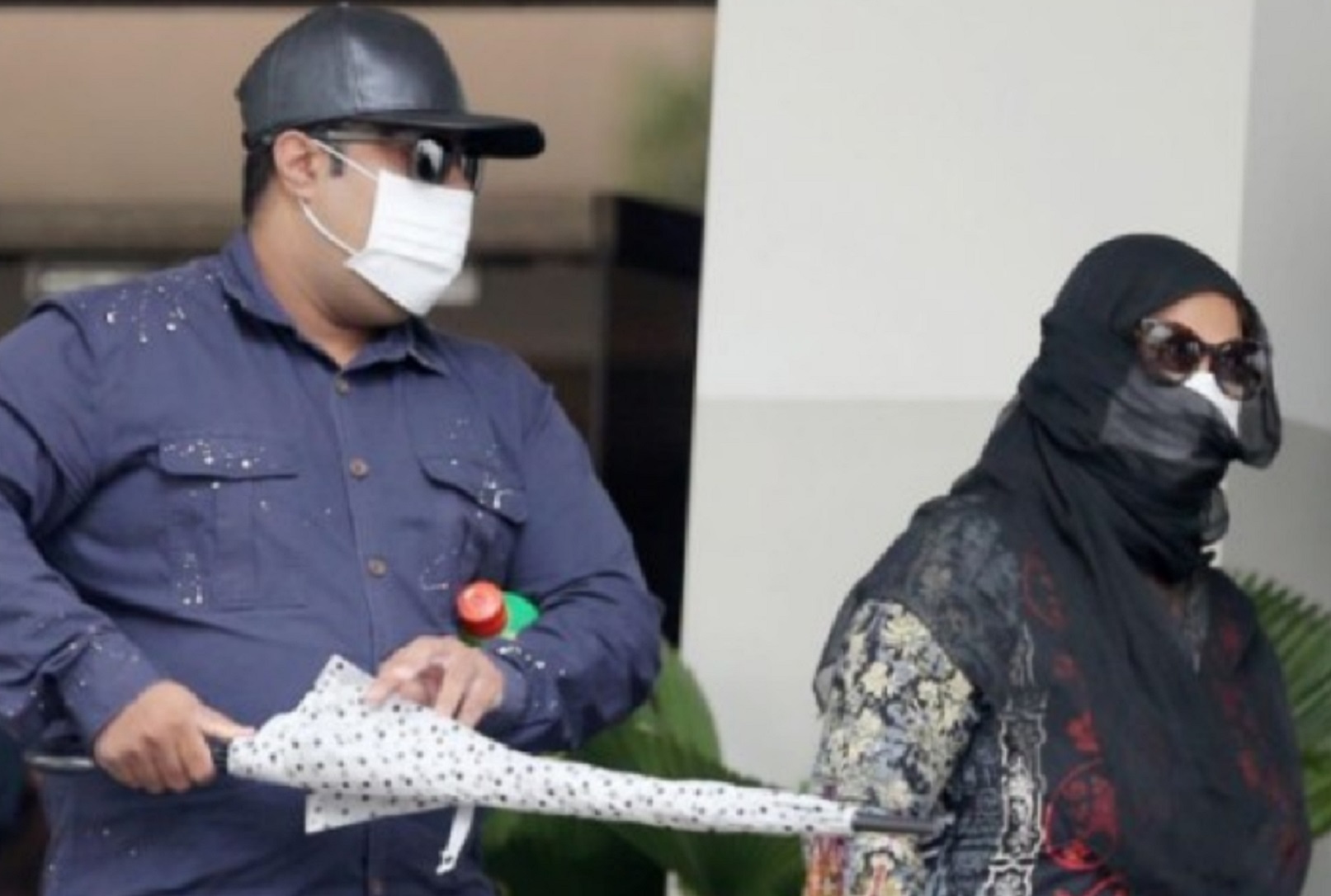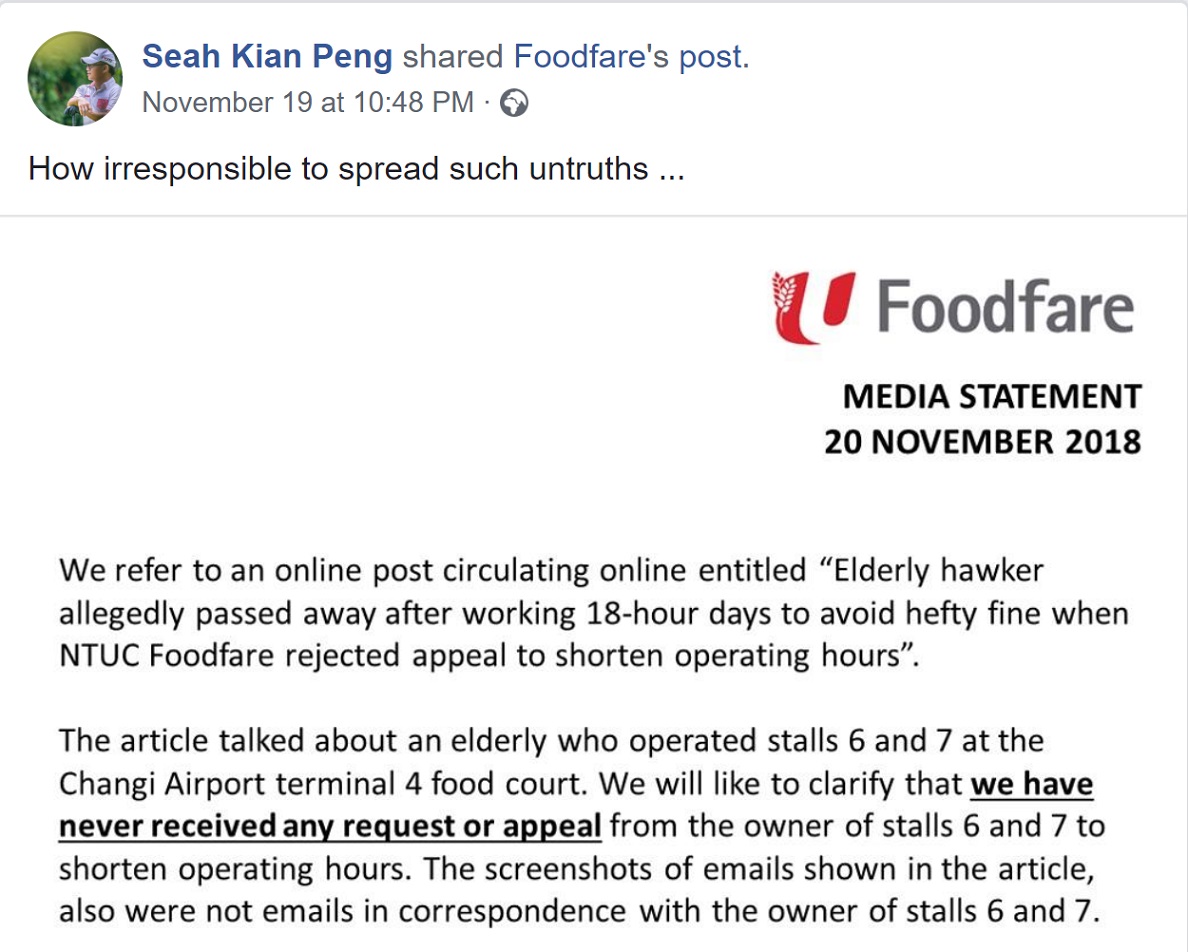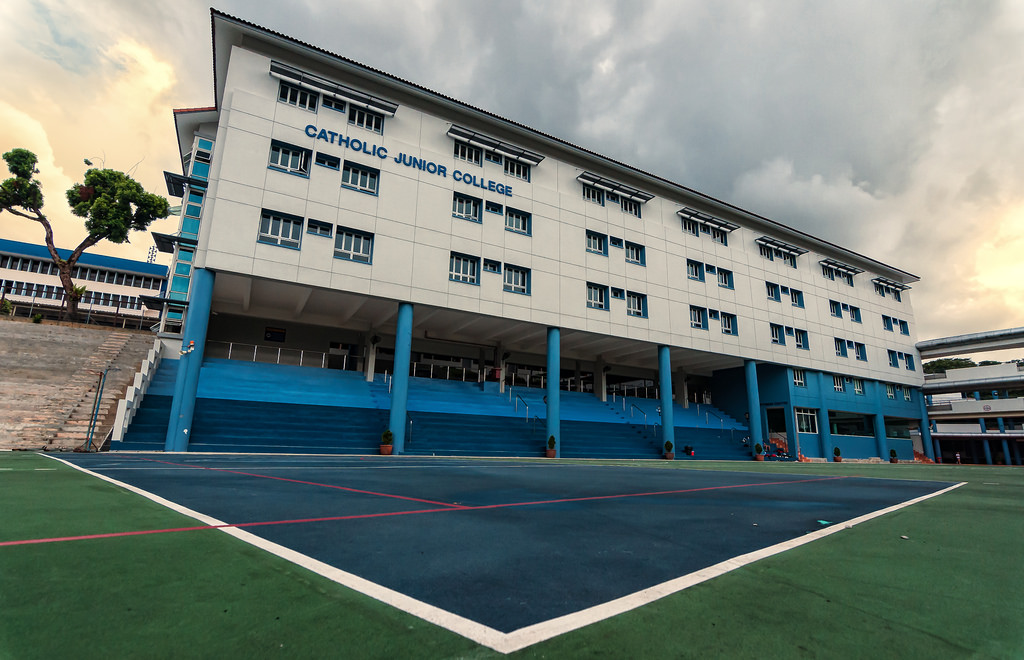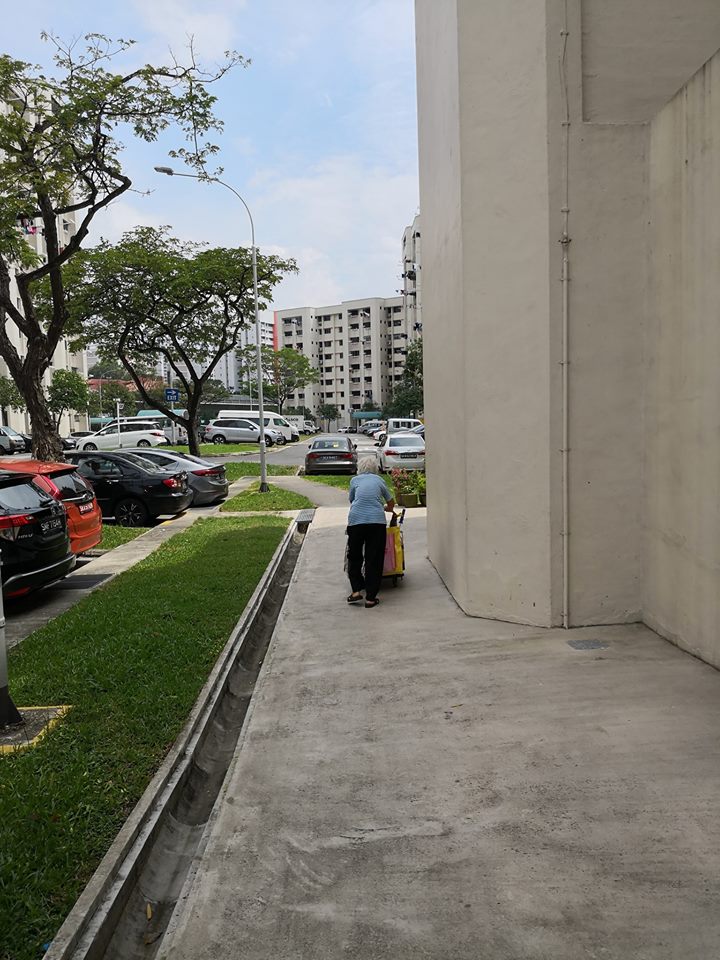Malaysian People And Politicians Need To Find Courage To Prevent Outdated Thinking From Harming Singapore-Malaysia
The tit-for-tat, sabre-rattling between Singapore and Malaysia goes on and on and on. Never-ending wayang from both side. The latest to throw his two sen worth is ball-carrier cum member of the Supreme Council of Mahathir's Parti Pribumi Bersatu Malaysia (PBBM), Dr Rais Hussin. Rais, who is also head of the party's policy and strategy bureau, threatened that Singapore will suffer "pain by a thousand cuts" for its position on the maritime dispute with Malaysia.
As usual, like numerous other Malaysian politicians before him, he was offended by Singapore's arrogance and hard line, legalistic, black-and-white take on issues such as airspace, maritime border, and the water agreement. Rais also felt that Singapore should be wiser and "live and let-live".
We don't know what Rais is on. Is he setting his sights on higher office by doing the dirty provocation by Mahathir? After this salvo, he is sure to become an even more trusted ally of Mahathir.
The question we are asking is when will Mahathir leave his position as PM? When will more capable, dynamic and forward-looking people such as Anwar Ibrahim and Syed Saddiq lead the way for the country to build a better future for Malaysia and its immediate neighbours? These politicians have been relatively silent on the provocations. It could really be a sign of disagreements or fissures in the preferred approach towards its relationship with Singapore.
For the future of good neighbourly ties and the region, the more enlightened leaders need to make their voices heard. Others need to know that there can be a better way of managing its relationship with Singapore.
Our Malaysian friends are not stupid. They saw rampant corruption and systemic abuses that needed to be stopped. They were brave and enlightened enough to vote for an alternative that could not be envisioned in the past. In this conflict, they need to be similarly courageous and not let an old man sour the future because of his outdated world view.
The writer, Kelvin, wants peace so that he can still go to Malaysia to top-up petrol and eat seafood.
